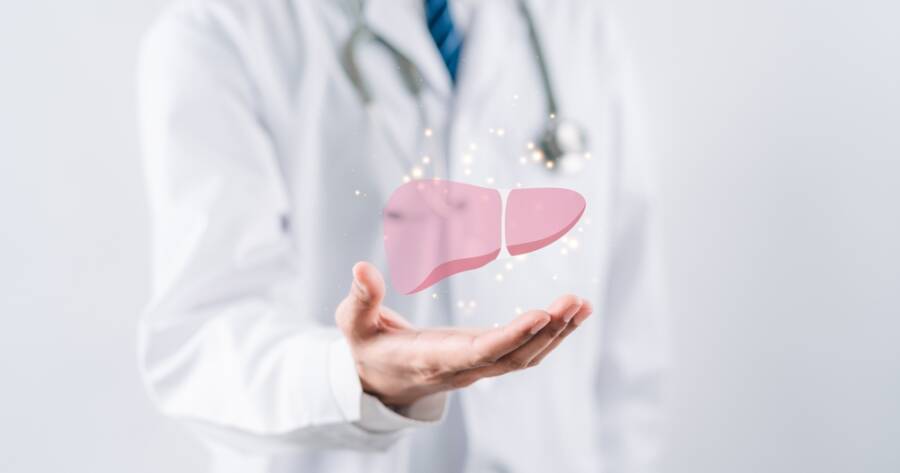Liver health plays a foundational role in overall wellness, influencing digestion, metabolism, and the body’s ability to manage toxins. Modern lifestyles, dietary habits, and underlying health conditions can place added strain on the vital organ. Understanding practical strategies to support liver function empowers individuals to reduce risk factors, prevent disease, and promote long-term health.
Understanding Liver Health
Liver health is a crucial aspect of overall well-being, given the organ’s vital role in detoxification, digestion, and metabolism. The liver performs over 500 functions, including filtering toxins, producing bile, regulating blood clotting, and storing essential nutrients necessary for bodily function. Optimizing liver health involves both lifestyle changes and awareness of potential risk factors that might contribute to liver damage.
Nutrition Tips for Liver Health
A balanced diet plays a significant role in maintaining optimal liver health. Incorporating foods rich in antioxidants and anti-inflammatory properties, such as leafy greens, fatty fish, coffee, berries, and olive oil, can support liver detoxification, reduce inflammation, and promote cell regeneration by nourishing the liver.
A diet high in fiber from fruits, vegetables, and whole grains, while minimizing processed sugars, refined carbs, and high-sodium foods, also aids in liver detoxification and helps prevent conditions such as non-alcoholic fatty liver disease (NAFLD), which is prevalent in individuals over age 50, obese, or those with type 2 diabetes.
Lifestyle Practices for Liver Function
Aside from diet, regular physical activity and maintaining a healthy weight are key to a healthy liver. Exercise helps to burn triglycerides and reduce liver fat, enhancing liver function. Especially when integrating them into daily routines.
Weight management is particularly crucial for preventing metabolic dysfunction-associated steatotic liver disease (MASLD), a condition that arises from excessive fat build-up in liver cells. Additionally, practicing safe hygiene, such as not sharing personal items and practicing safe sex, can protect against liver infections, including hepatitis and other liver disorders.
Minimizing Risk with Health Precautions
Limiting alcohol consumption is vital as excessive intake can lead to alcohol-related liver disease (ARLD) and liver cancer. Men and women are advised to restrict alcohol intake to no more than 14 units per week, with two to three consecutive alcohol-free days. This ensures ample recovery time for the liver.
Being aware of the risks associated with herbal and dietary supplements is also important. While supplements like milk thistle and turmeric may offer potential benefits, they can also pose risks of liver toxicity. It is critical to disclose all supplements to healthcare providers to assess safety and interactions with medications.
Medical Screening and Vaccinations
Routine medical check-ups and screenings for liver function can detect problems early, especially in individuals at higher risk due to conditions like Sjögren’s syndrome or a family history of liver disease. Vaccinations against hepatitis A and B are proactive measures to protect liver health, although no vaccine exists for hepatitis C. If you’re worried about your liver health, always talk to your doctor.
Why You Should Learn More About Liver Health Today
Liver health is an integral part of maintaining overall health and preventing disease. By understanding the impact of diet, lifestyle, and preventive measures, individuals can take proactive steps to protect their liver function.
Regular medical screenings and consultations with healthcare professionals provide valuable guidance tailored to individual needs. With the increasing prevalence of liver-related conditions like NAFLD and MASLD, awareness and informed choices become essential. Understanding these factors can help mitigate risks and ensure a healthier liver, leading to improved longevity and quality of life.
